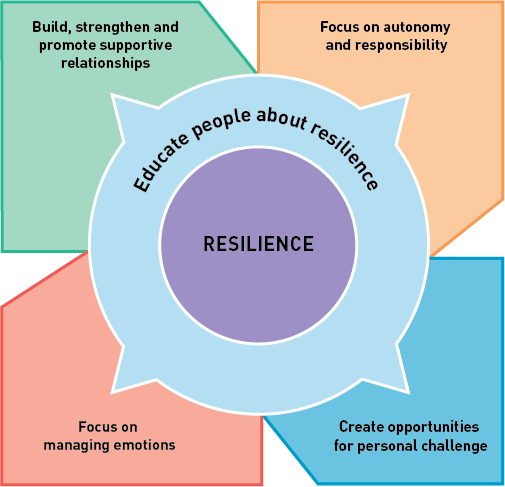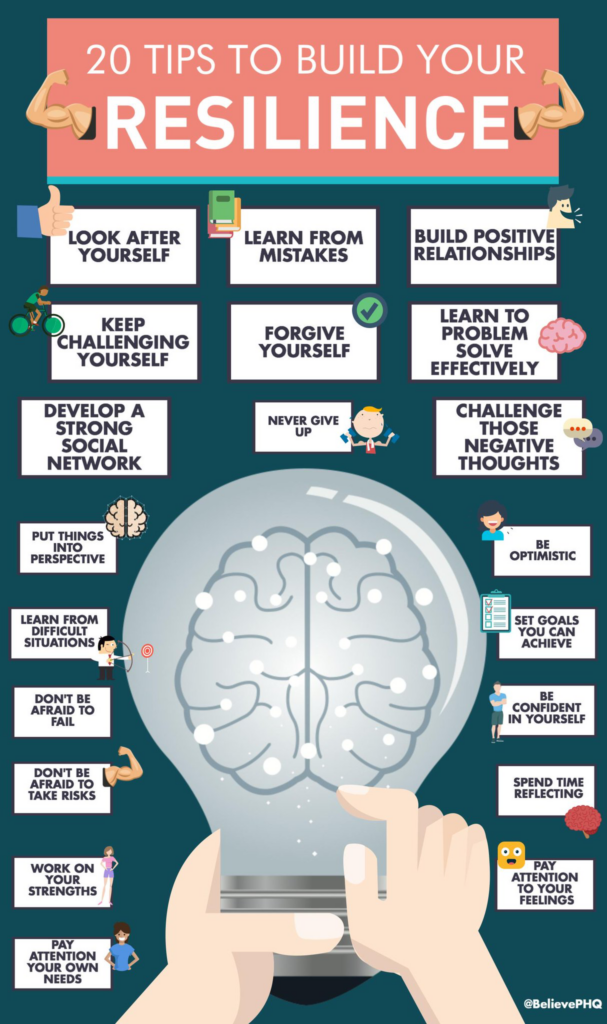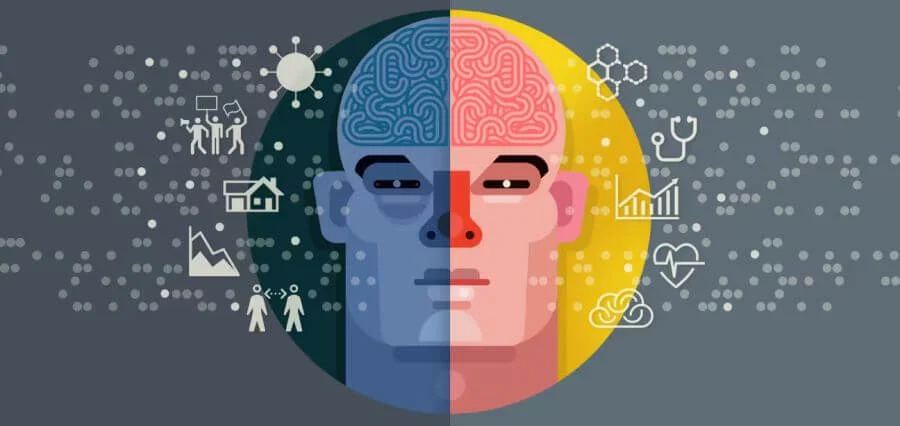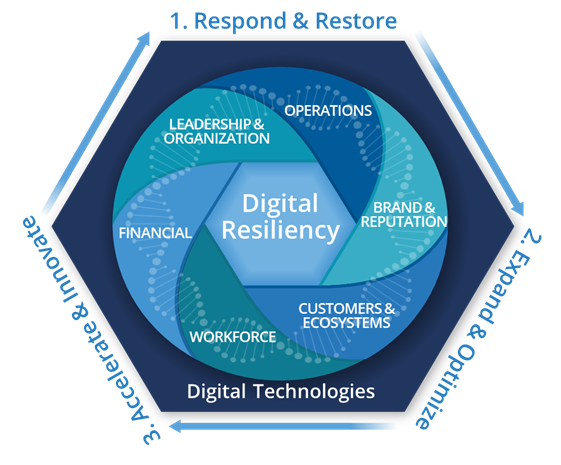In today’s fast-paced, digitally connected world, mental resilience has become more essential than ever. With constant information overload, social media pressure, and a rapidly changing work environment, staying mentally strong is a crucial skill for achieving success. Building mental resilience means learning how to cope with stress, adapt to change, and bounce back from adversity. In this article, we’ll explore effective strategies for developing mental resilience in the digital age, empowering you to face challenges with confidence.
Why Mental Resilience Is Crucial in the Digital Age
The digital age brings numerous conveniences, but it also introduces unique pressures. From social media comparisons to the constant barrage of emails and notifications, it can feel overwhelming at times. Mental resilience helps you navigate these pressures, bounce back from setbacks, and stay focused on what truly matters.
- Prevents burnout: Resilience helps you manage stress and avoid feeling overwhelmed by constant digital demands.
- Improves adaptability: With rapid technological changes, having the ability to adapt is essential for both personal and professional growth.
- Strengthens emotional health: Resilient individuals can maintain emotional balance even in difficult situations.

1. Set Boundaries with Technology
Constant exposure to digital devices can drain your energy and reduce your ability to focus. Setting boundaries with technology is an essential step in building mental resilience. Limiting screen time and creating device-free zones can help you manage your mental load and maintain a healthy balance.
- Tip: Turn off notifications and schedule time for digital detox.
- Example: Designate certain hours of the day as “tech-free” time, such as during meals or before bedtime.
Benefits:
- Reduces mental fatigue
- Improves focus and productivity
- Enhances sleep quality and overall well-being
2. Practice Mindfulness and Meditation
Mindfulness and meditation are powerful tools for strengthening mental resilience. These practices help you stay grounded and manage stress by encouraging you to focus on the present moment, rather than becoming overwhelmed by digital distractions or worries about the future.
- Tip: Start with just 5-10 minutes of mindfulness each day. Apps like Headspace or Calm can guide you through simple meditation practices.
- Example: Take short breaks throughout the day to practice deep breathing or mindfulness exercises.
Benefits:
- Reduces anxiety and stress
- Enhances emotional regulation
- Increases overall resilience

3. Build a Support Network
One of the key elements of mental resilience is having a strong support system. In a world dominated by digital interactions, it’s easy to feel disconnected. Building meaningful relationships—whether online or offline—can help you navigate challenges and stay mentally strong.
- Tip: Reach out to friends, family, or online communities that share similar interests or experiences.
- Example: Join a group or forum where people discuss personal growth, mental health, or a shared hobby.
Benefits:
- Provides emotional support during tough times
- Boosts feelings of connection and belonging
- Encourages accountability and growth
4. Focus on Physical Health
Your physical health is closely linked to your mental resilience. Regular exercise, a balanced diet, and adequate sleep are essential for maintaining both physical and mental strength. In the digital age, it’s easy to forget the importance of physical activity as we spend more time in front of screens, but it plays a crucial role in boosting resilience.
- Tip: Schedule regular workouts into your routine, even if it’s just a short walk or stretch every day.
- Example: Incorporate activities that improve both physical and mental well-being, like yoga or jogging.
Benefits:
- Boosts mood and energy levels
- Enhances cognitive function and focus
- Reduces stress and anxiety
5. Cultivate a Growth Mindset
A growth mindset—the belief that abilities and intelligence can be developed through effort and perseverance—helps you approach challenges as opportunities to grow. In a constantly changing digital world, developing a growth mindset is key to building mental resilience.
- Tip: Embrace failure as part of the learning process. Instead of viewing mistakes as setbacks, treat them as stepping stones toward improvement.
- Example: If you struggle with learning new technology, remind yourself that with practice, you can master it.
Benefits:
- Increases motivation and persistence
- Encourages problem-solving and innovation
- Reduces fear of failure
Conclusion: Strengthen Your Resilience for Success in the Digital Age
 Building mental resilience in the digital age requires a conscious effort to manage technology, cultivate self-awareness, and prioritize physical and emotional well-being. By setting boundaries, practicing mindfulness, building a support network, staying physically healthy, and developing a growth mindset, you can navigate the challenges of our fast-paced world with confidence.
Building mental resilience in the digital age requires a conscious effort to manage technology, cultivate self-awareness, and prioritize physical and emotional well-being. By setting boundaries, practicing mindfulness, building a support network, staying physically healthy, and developing a growth mindset, you can navigate the challenges of our fast-paced world with confidence.
Start incorporating these strategies into your daily life today to build a strong, resilient mindset that will help you thrive in the digital age.
